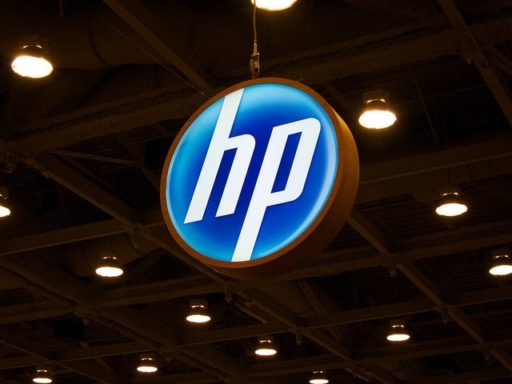AMD is gearing up it’s efforts to produce next-generation chips so as to successfully compete with it’s chief rival, the chip-maker Intel. According to AMD’s CEO Rory Read, the company’s main manufacturer GlobalFoundries has been unable to produce sufficient 32nm-chip due to yield issues. And that is why AMD is now enlisting IBM as another of it’s manufacturers for the production of ‘Trinity’ so that it could meet the demand for these chips by notebook makers.
Due to the production in-capabilities of GlobalFoundries, AMD ran into a shortage of ‘Liano’ fusion chips which are designed for mainstream PCs. This resulted in Intel taking the lead in terms of volume and AMD losing a number of it’s contracts with notebook manufacturers. Apparently, AMD has learnt a lesson from it and is now planning in advance to ensure that it’s production volume meets the demands of notebook manufacturers.
By partnering with IBM, AMD is not letting go of it’s former manufacturer GlobalFoundries. Rather, the company will be getting the manufactures Trinity APUs from both firms so as to meet the ever-increasing demand.
Another of AMD’s partners is TSMC. TSMC has been producing 40 nm ‘Zacate’ E-series, ‘Ontario’ W-series and ‘Desna’ Z-series chips. GlobalFoundries has been involved in the production of 32 nm A-series Liano APUs. And now IBM is on board to push the production volume of another 32nm chip which is codenamed Trinity.
Striking a deal with IBM will certainly ramp up the overall volume of AMD’s production since IBM has a capacity for huge productions.
Image courtesy Patrick.
[ttjad keyword=”processor”]



